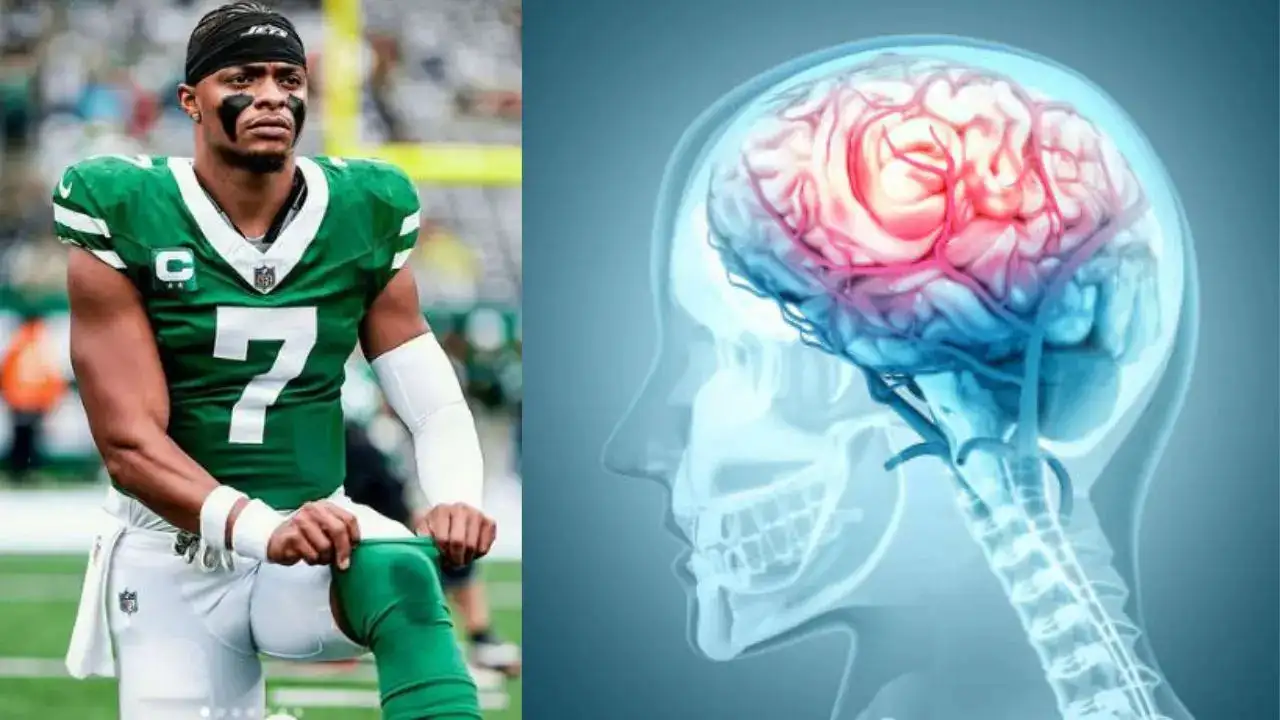By Lucy Notarantonio
Copyright newsweek

Struggling with ongoing sleep problems could do more than leave you groggy—it may accelerate memory decline and increase the risk of dementia.This is the warning of a study that found that older adults with chronic insomnia faced a 40 percent higher risk of developing mild cognitive impairment or dementia compared with those without. That risk is equivalent to 3.5 additional years of brain aging.”Insomnia doesn’t just affect how you feel the next day—it may also impact your brain health over time,” paper author Diego Carvalho of the Mayo Clinic in Rochester, Minnesota said in a statement.”We saw faster decline in thinking skills and changes in the brain that suggest chronic insomnia could be an early warning sign or even a contributor to future cognitive problems.””The combined amount of evidence implicates sleep in a bi-directional relationship with dementia, meaning that poor sleep earlier in life may contribute to increased risk of dementia, but also early degeneration of centers governing our sleep and circadian rhythm may also contribute to poor sleep,” Carvalho told Newsweek.”This bidirectional relationship is difficult to untangle when both processes may arise early in life, but given the importance of sleep for many of our brain and body functions, promoting good sleep should be considered along side things like having a healthy diet, exercise, and hypertension even if we do not have a clear understanding of the impact of treating sleep disorders in the reduction of dementia risk.”Professor Jason Ellis—a sleep researcher at Northumbria University in England, who was not involved in the present study—told Newsweek: “There is evidence that we clear toxins from the brain during sleep, specifically one called beta amyloid, which has also been associated with cognitive decline and neurodegenerative disorders,” he said.”As such, a lack of consolidated slow wave sleep, over a long period of time, may well increase the risk of cognitive decline.”Moreover, Slow Wave Sleep [also known as deep sleep] helps us regulate our endocrine system and immune system and both systems have also been implicated as risk factors for neurodegenerative disorders.”How the Study Was ConductedThe researchers followed 2,750 cognitively healthy adults, with an average age of 70, for around five-and-a-half years. Of the participants, 16 percent reported chronic insomnia, defined as difficulty sleeping at least three nights a week for three months or more.At the start, participants reported their recent sleep patterns, took annual memory and thinking tests, and some underwent brain scans.The team looked for white matter hyperintensities—areas of brain tissue damage linked to small vessel disease—and amyloid plaques, the protein deposits tied to Alzheimer’s disease.By the end of the study, 14 percent of those with chronic insomnia developed mild cognitive impairment or dementia, compared with 10 percent of participants without insomnia.What the Findings ShowedThe study revealed clear differences based on sleep patterns:
Less sleep than usual: Participants who slept less than usual in the prior two weeks scored lower on cognitive tests—comparable to being four years older. They also had more white matter hyperintensities and amyloid plaques, effects similar to carrying the APOE ε4 gene, a genetic risk factor for Alzheimer’s.
More sleep than usual: Participants who reported sleeping more than usual had fewer white matter hyperintensities at the start of the study, suggesting a possible protective effect.
Participants carrying the APOE ε4 gene and experiencing insomnia showed the steepest declines in memory and thinking skills.”Our results suggest that insomnia may affect the brain in different ways, involving not only amyloid plaques but also small vessels supplying blood to the brain,” Carvalho explained. “This reinforces the importance of treating chronic insomnia—not just to improve sleep quality but potentially to protect brain health as we age.”Caveats and Next StepsThe study highlights a strong association between insomnia and cognitive decline but does not prove causation. Diagnoses were based on medical records, which may miss undiagnosed cases or fail to capture symptom severity.Still, the findings add to growing evidence that sleep is critical for brain health. As Carvalho noted: “Sleep isn’t just about rest—it’s also about brain resilience.”Ellis, Director of the Northumbria Sleep Research laboratory, told Newsweek that people should not wait the full three months typically required for a formal insomnia diagnosis.While the first two weeks may reflect a normal stress response, treatment should begin soon after if symptoms persist.Early management, Ellis stressed, can help prevent longer-term physical and psychological health problems.Do you have a tip on a health story that Newsweek should be covering? Do you have a question about insomnia? Let us know via health@newsweek.com.



